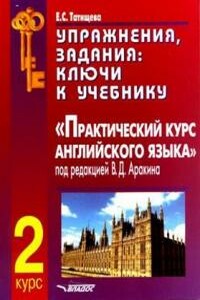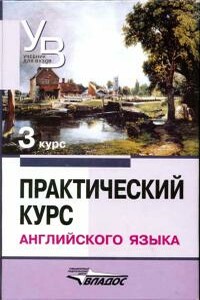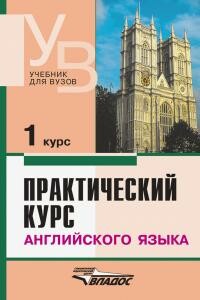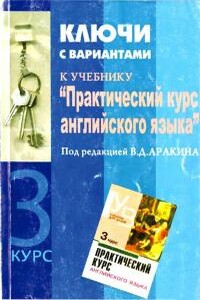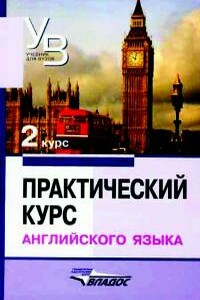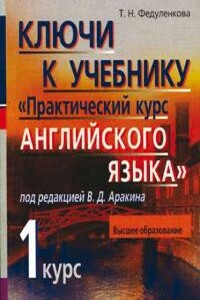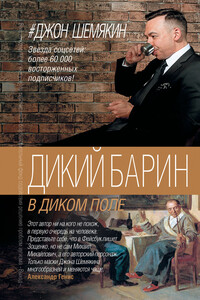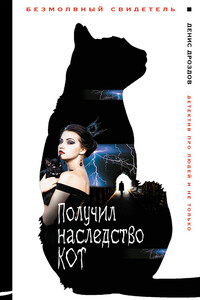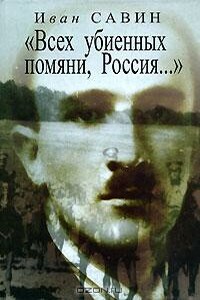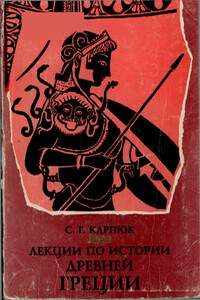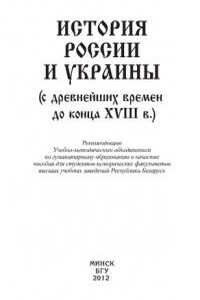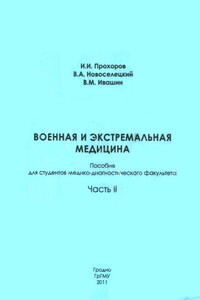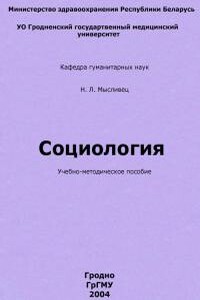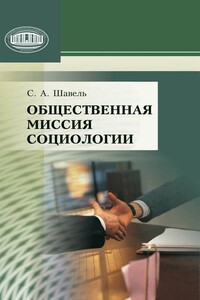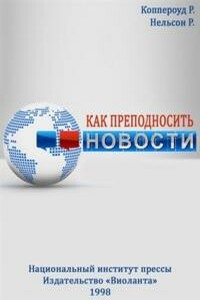UNIT ONE
Ex. I, p. 8
1. If the boy were hungry, I would/should give him somethinj to eat. 2. If the supper were ready, we should/would sit down t table. 3. If I got a good mark for my composition, I would/shouh be happy. 4. If Mary had more free time, she would read more 5. If the weather changed, we would/should go boating. 6. If had no opportunity to see him, I would/should be very sorry. 7.1 itdidnt rain, Iwouldnt/shouldnthave to taltemy umbrella witi me. 8. If she finished everything on Friday, she wouldnt have t< work on Saturday. 9. If you caught a cold, you would have to sta] at home. 10. If the child didnt do what I told him, I would/shouh have to punish him.
Ex. Ill, p. 9
l.The students liked the idea of working in the lab twice . week. 2. We liked the idea of visiting our sick friend. 3. Th children liked the idea of going on an excursion. 4. We didn like the idea of staying indoors all day long. 5. Dont you like the idea of going to the theatre tonight? 6. All of us liked the idea о arranging a party at our University. 8. We liked the idea of going to the cinema after the lessons.
Ex. IV, p. 9
1. If I werent tired, I would walk about/around (go and, look about/around) the city. 2. We wouldnt go to this performance tomorrow if it werent the first night. 3. If I didnt live so far, I would visit you more often. 4. If he spoke louder the audience would listen to him with more interest. 5. If she had a bad memory, she wouldnt be able to memorize so many figures at a time. 6.1 would like the idea of going to the Crimea/ I wouldnt mind going to the Crimea if it werent so hot there now. 7. We all liked his idea of meeting at the beginning of the academic year.
Ex. Ill, p. 19
grow — grew, grown
creep — crept, crept — ползти, тайком пробираться
bear — bore, born — терпеть, выносить
break — broke, broken
keep — kept, kept
think — thought, thought
leap — leapt, leapt { lept]/leaped, leaped — прыгать
mean — meant, meant { ment]
fall — fell, fallen
find — found, found
feel — felt, felt
say — said, said
cling — clung, clung — прижиматься
hear — heard, heard
meet — met.-met
run — ran, run
show — showed, shown
differ — differed, differing
prefer — preferred, preferring
murmur murmured, murmuring
appear — appeared, appearing
occur — occurred, occurring
recover— recovered, recovering
remember — remember, remembering
chatter — chattered, chattering — болтать, вести пустой
разговор; трещать, тараторить; стучать refer — referred, referring stir — stirred, stirring
water — watered, watering — 1. поливать; 2. слезиться fear — feared, fearing offer — offered, offering
drag — dragged, dragging — тащить (волоком), волочить wag — wagged, wagging — вилять (хвостом) plan — planned, planning
chat — chatted, chatting — болтать, непринужденно беседовать, говорить о том о сем slip — slipped, slipping beg — begged, begging
PAGE6 Essential Course
Unit One 7
dependence
independence
difference
indifference
existence
insistence
occurrence
Ex. IV, p. 20
acceptance resemblance attendance performance
a)
Ex. V, p. 20
The suffixes-ed and –y are used to form adjectives. Freckled is derived from freckle and means веснушчатый Nosed is derived from nose and means носатый. It is als
i til 1 Т i n АМН и „..j*T>.. * гЧ
wavy (wave) — волнистый
stony (stone) — h каменистый; 2. каменный, безжалостный, холодный (stony heart — каменное сердце) .
